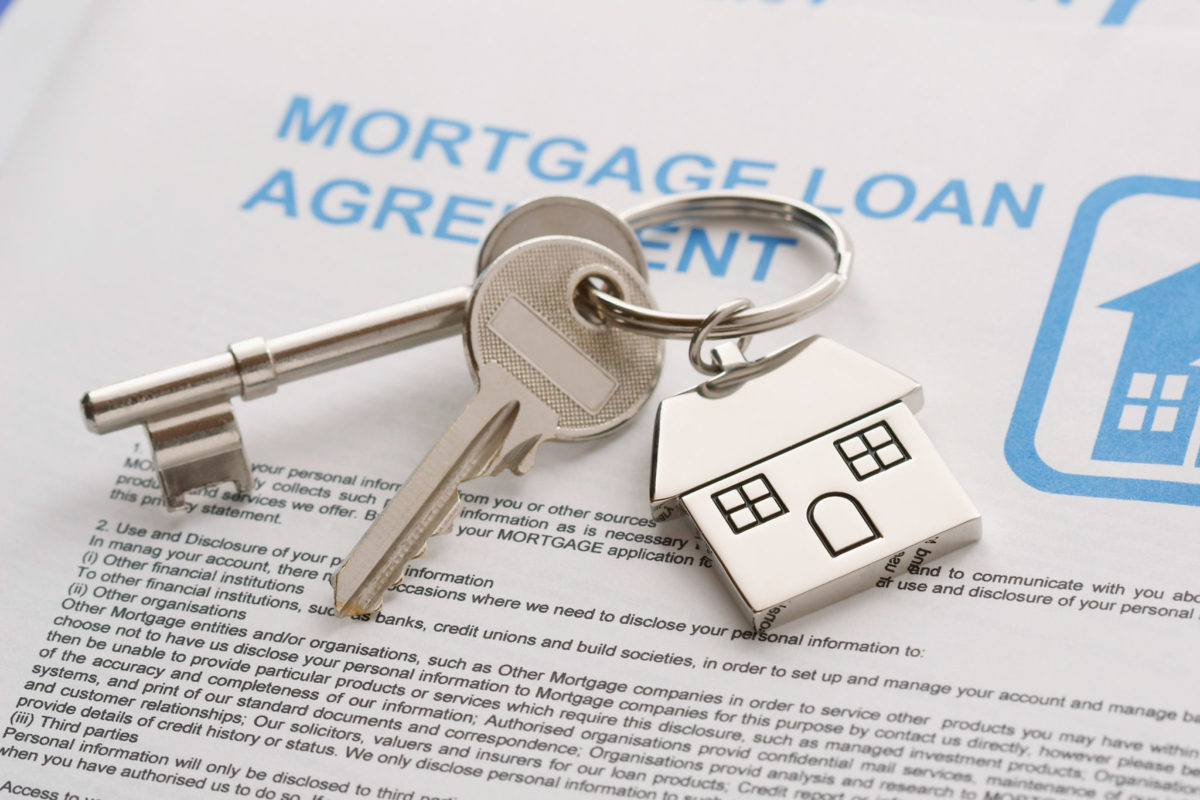Planning to get an interest-only mortgage loan? You may have to think about it again. You need to consider not only the expenses but also how long you are willing to pay for the mortgage. We will discuss the advantage and disadvantages of interest-only mortgage. Get to know if this type of financing is an option for you.
Interest-Only Mortgage

An interest-only mortgage is a type of mortgage wherein the borrow is only required to pay for the interest on the loan for a certain period of time. Then, the principal will still be repaid either through giving a lump sum at a certain date or through subsequent payments.
In interest-only mortgage, the borrower only pays for the interest through monthly payment for a fixed term. The term usually last for 5 to 7 years. Many take this loan and after paying, they refinance their home or give a lump sum payment to pay-off the principal loan that is left.
People who often take-out this loan are the borrowers who currently desires to afford more home, knows that the home they bought will be easily sold within the next few months, some who wants the initial payment for the mortgage to be significantly lower as they are still starting but are confident that they will be able to deal with the large amount of payments in the future and lastly, those who are really certain that they will be able to get a significantly higher return of investment somewhere else.
Advantages And Disadvantages
Like any other type of loan, the interest-only mortgage has its pros and cons. The advantages of Interest-only loan are the following:
- The monthly payment terms are low during the whole term.
- The burrower can actually buy a larger home later due to the higher qualifying loan amount.
- You have free use of the money and you can invest it in to gain higher investment.
- In the interest-only period, the amount you are paying monthly qualifies as tax-deductible.
Let us also look at the disadvantage of such mortgage terms:
- It also increases the rising mortgage rate if it is an ARM.
- People do not use their money smartly and often spend their extra money instead of putting it on a good investment.
- At the end of the interest-only mortgage, many people are unable to pay for the principal amount which tends to increase gradually.
- Many borrowers are not also disciplined enough to pay on time and tends to give extra payment towards the principal.
- Some investments may not grow as quickly as it ought to be and ruins some payment plans.
- The mortgaged home’s value may not appreciate as fast as they thought it would be.
- It may cause “payment shock”, due to the significant increase on the principal payment which the borrower may have forgotten in time.
Is Interest-only Loan for You?

This loan scheme may have its risks but some may find it terms applicable in their current life and in their future plans. You should be able to fulfill the following qualities in order to apply for this type of loan:
- You have a decent income which will surely increase as years go by.
- The mortgaged home has a good equity and the borrower can actually use the money to pay investments and even principal payments.
- Lastly, if your current job does not pay good and you want a flexibility of paying only the interest at this time then you may also consider this. If your income increases in the years to come, then you are good to go.
Interest-only loan is not as bad as it sounds but people often misuse it. If you have a good plan and strategy for your mortgage and you think you can actually put it out into action in the next coming years, then this might be a good choice for you. It is important for you to know and understand the difference between the actual benefits it brings and the temptation from having to pay a lower payment. Takeaway: Do not buy more than you can afford.


